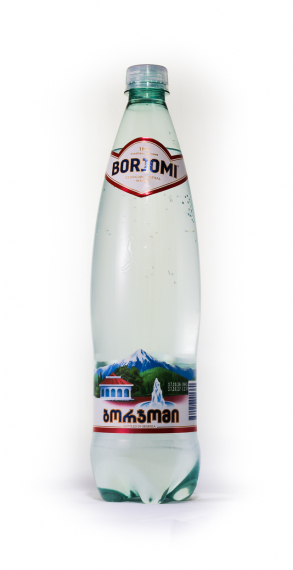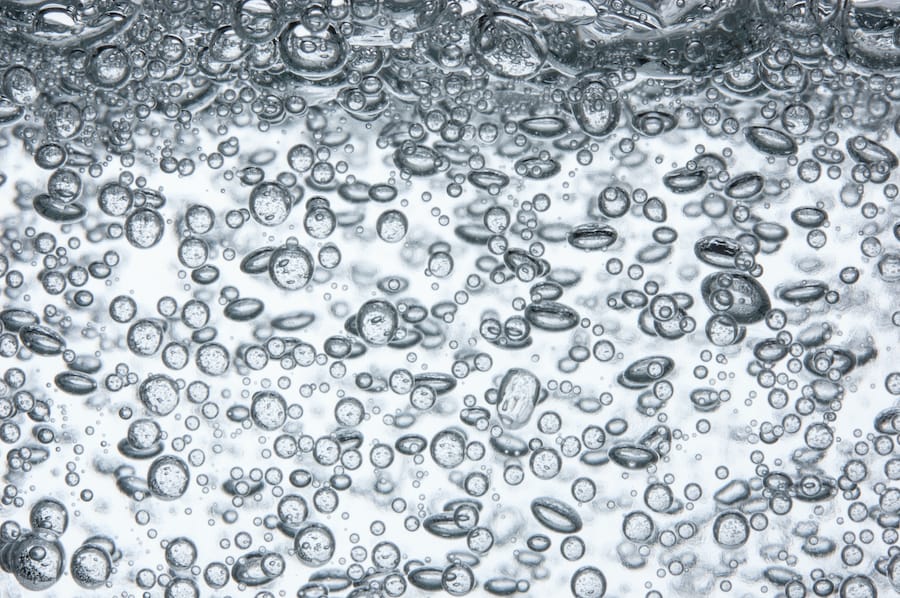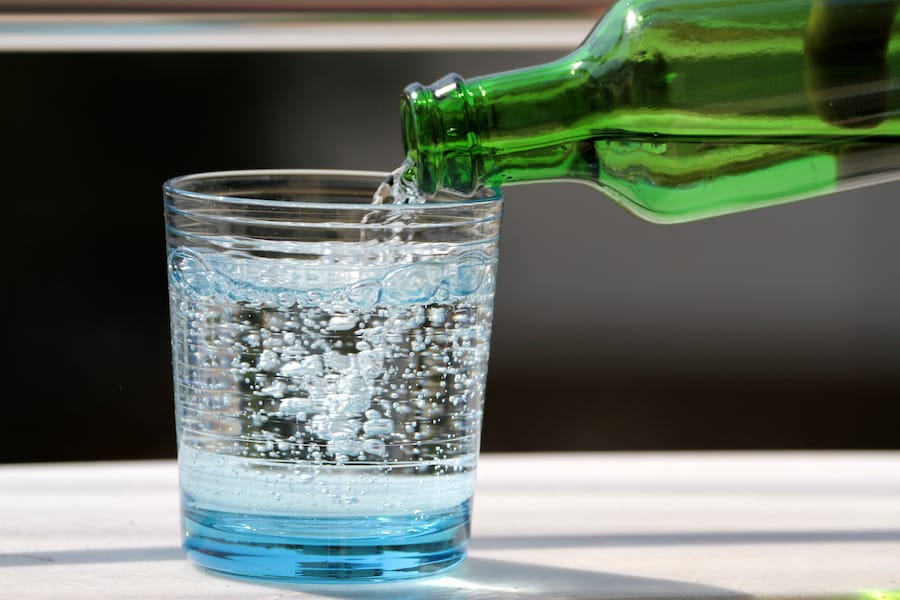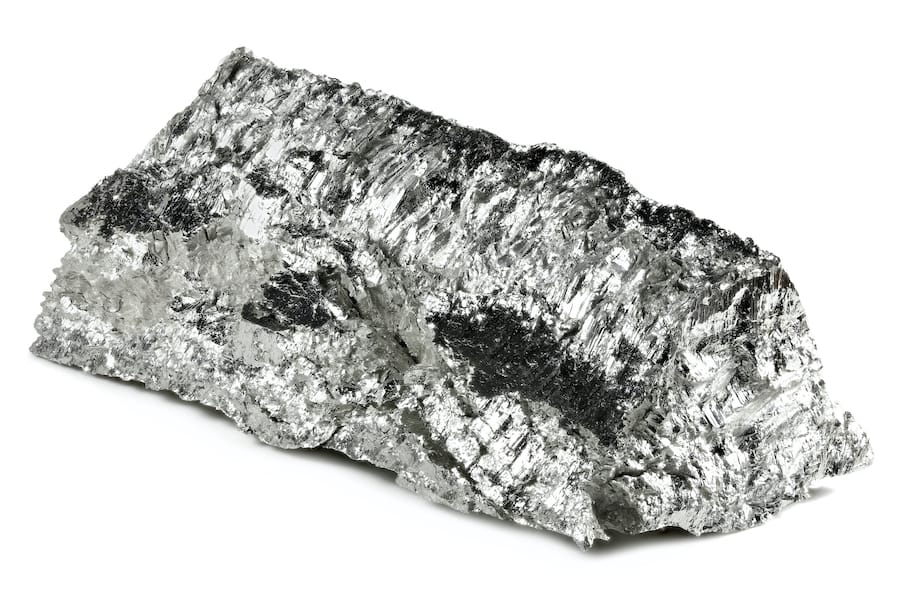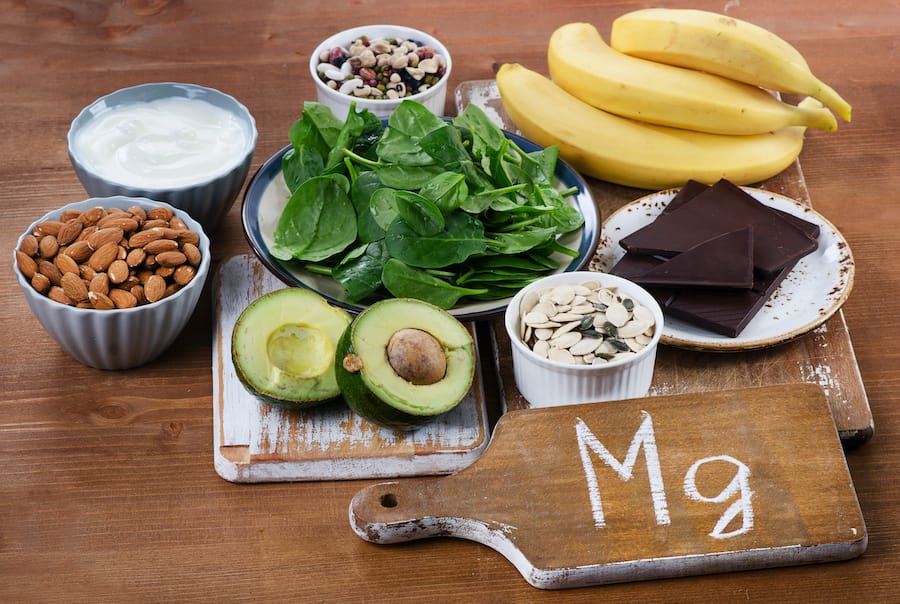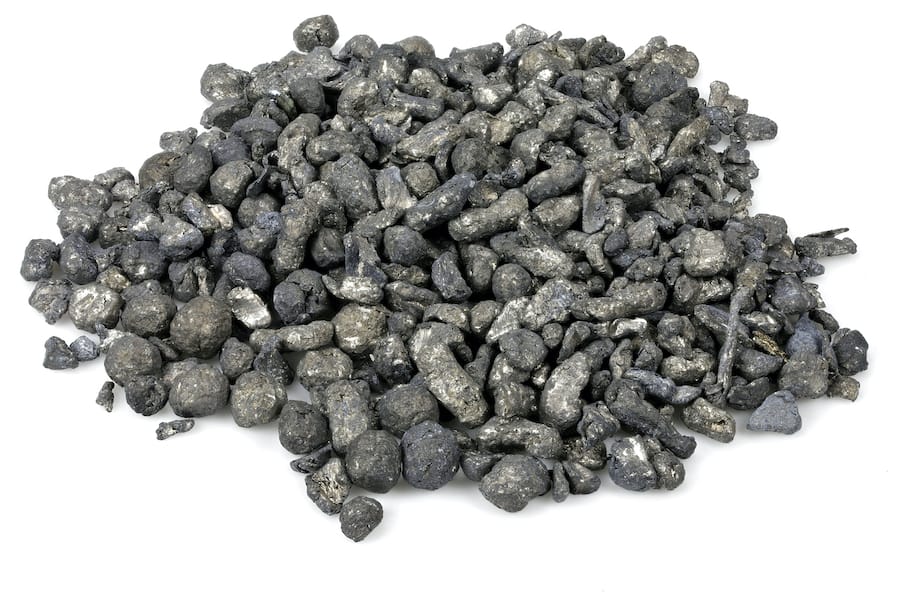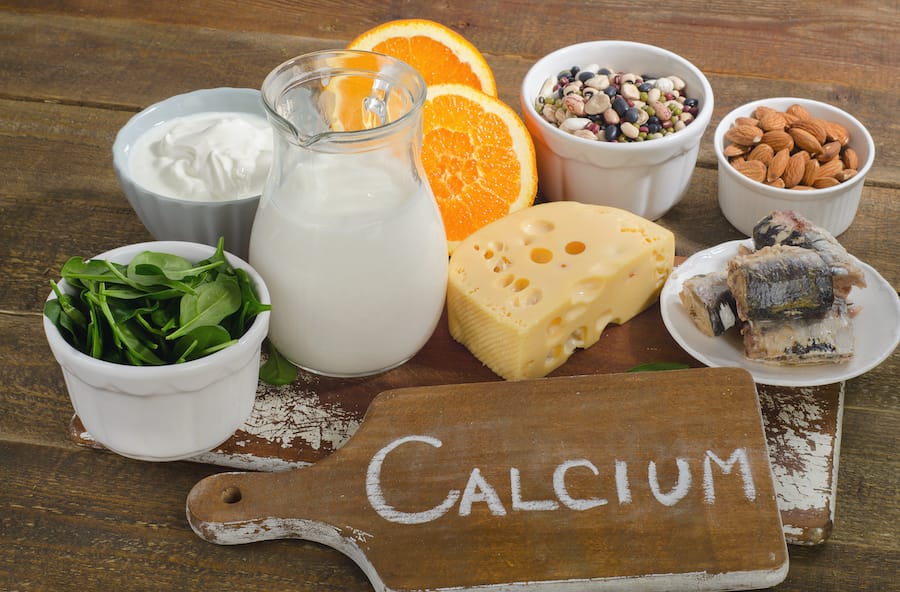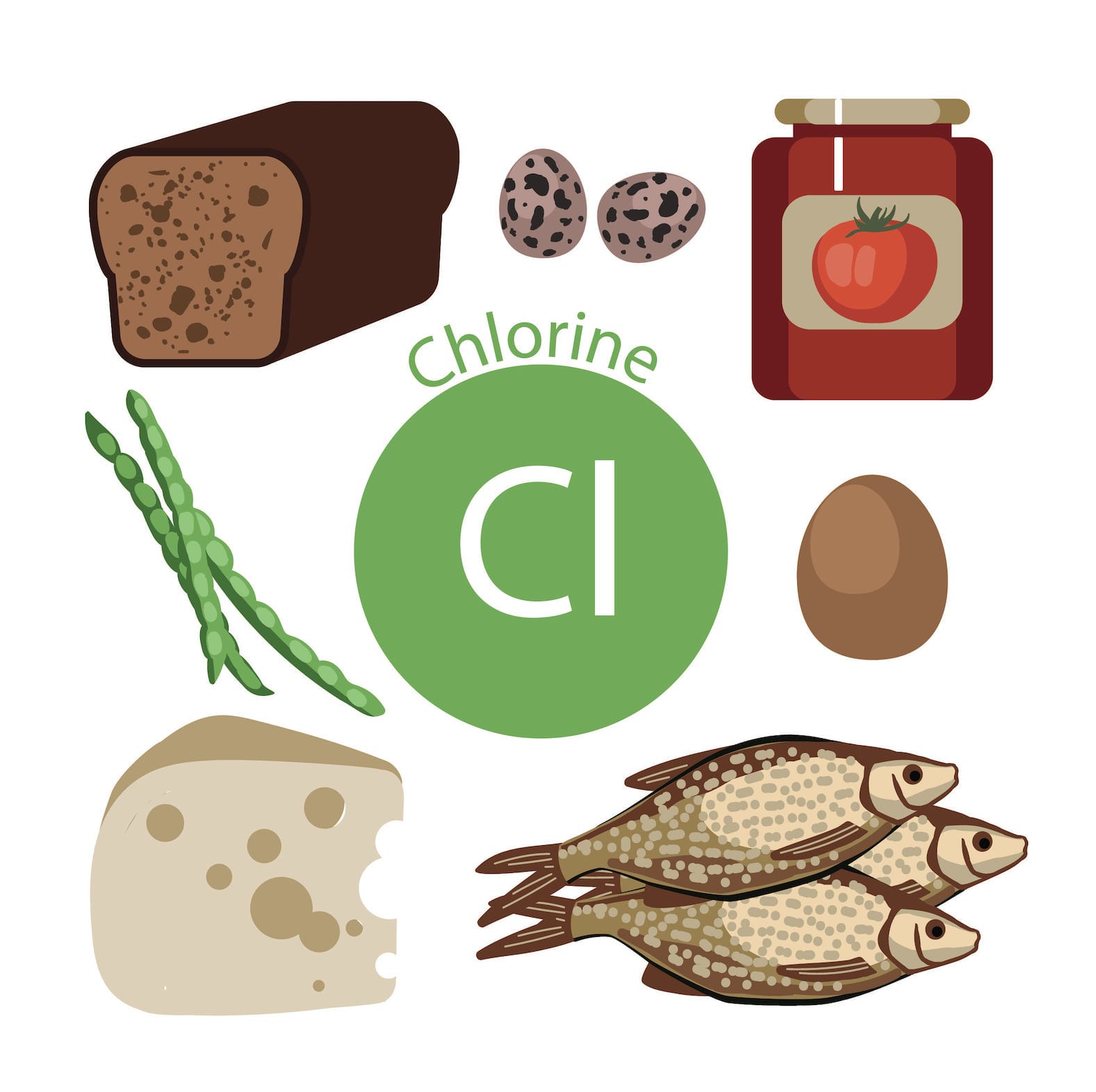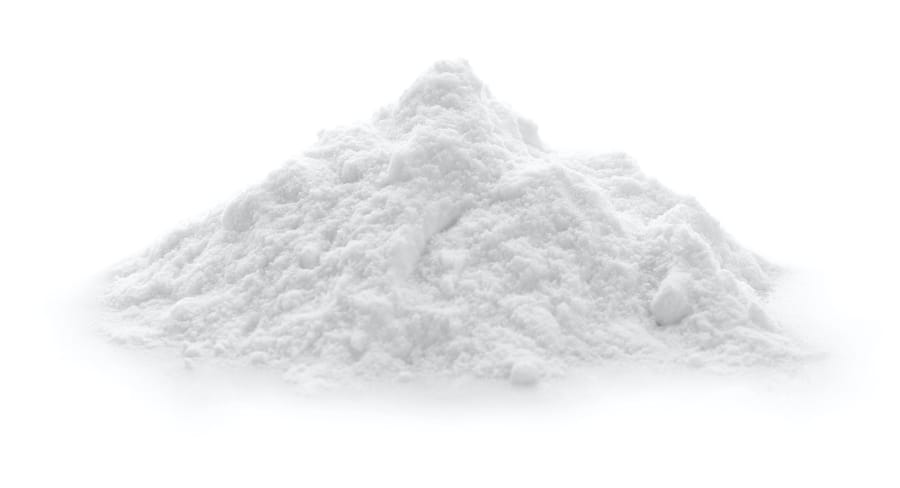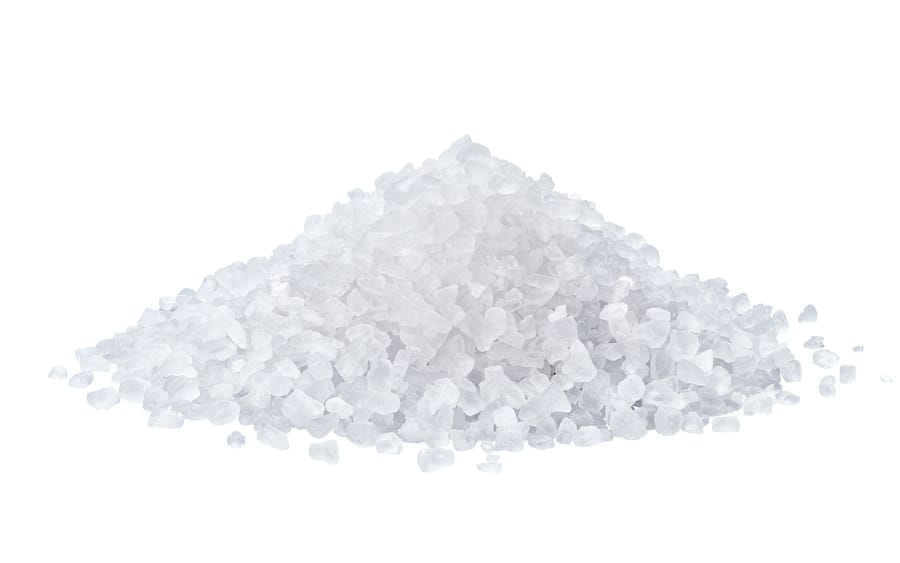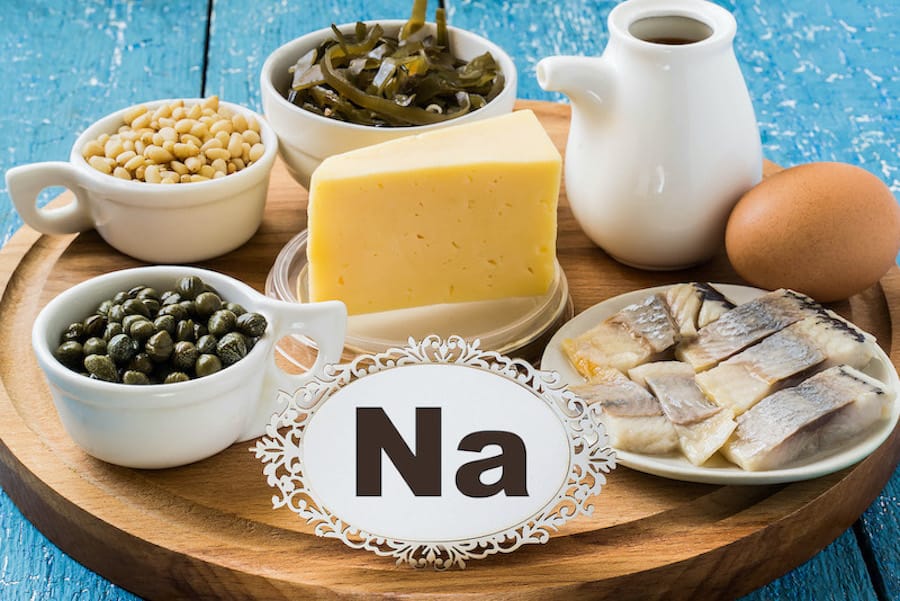Good for:
Magnesium
Calcium
Chloride
Hydrogen carbonate
Sodium
Very High TDS
For Recovery
pH balance
Digestion
Respectable Age
Stress
Headache
Brain Activity
Hangover
Daily mineral norm
Water mineral content ratio to total recommended daily mineral intake (%)
Mineral composition
TDS
7500 mg/lAbout Source
Natural Mineral Water
In Europe, there are 3 main categories of water types: Natural Mineral Water, Natural Spring Water and Drinking Water/Table water. It is important to understand that any of these water categories except distilled water can contain a large variety of different minerals.Only distilled water does not contain any minerals and it is deionized. All other water categories correspond to one of these three main categories. All of them have different certification requirements and standards. The only water type that needs official recognition is Natural Mineral Water and its chemical composition is always stable. Natural mineral water is tested with around 200 individual examinations and is the only food product required for official recognition.
Both Natural Mineral Water and Natural Spring Water cannot be mixed with other water types and there must be nothing added or taken out from the water. These two water types must stay natural as they are and must be bottled only at the water birthplace from an underground source. Exceptionally, iron may be separated.
On the label must be written Natural Mineral Water. Unlike Drinking Water it has more flexible rules, the chemical composition may be changed, and it can be any water that corresponds to the requirements of Drinking Water. These three categories do not have any connection with the mineral amount in the water, it is the pure status of certification (in Europe.) Please find out more about these categories in Learning Materials.
Packaging
-
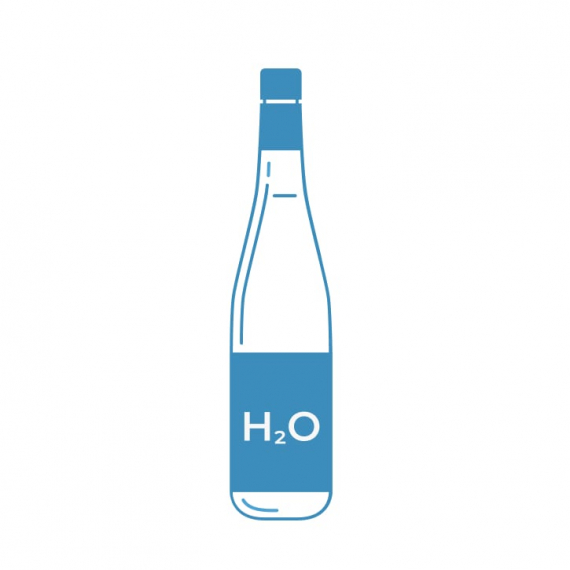
Material PET 0.75l
PET bottles should be carefully stored. 1) Under no circumstances allow overheating the bottle. If the bottle has overheated, it should be discarded. Overheated bottles will usually have a mild alcoholic smell after opening. (In summer, PET bottles are best stored in the car trunk.) Do not leave the bottle in the car under direct sunlight, it may have a magnifying glass effect and may damage the car. 2) Do not put PET bottles in direct sunlight (the sun makes the water more oxidative). 3) It is important not to store the bottles next to evaporating chemicals as the PET material is air permeable- some chemical particles could get into the water. 4) Handle any material responsibly and dispose it in an appropriate recycling container. Each person's responsible actions are important! -
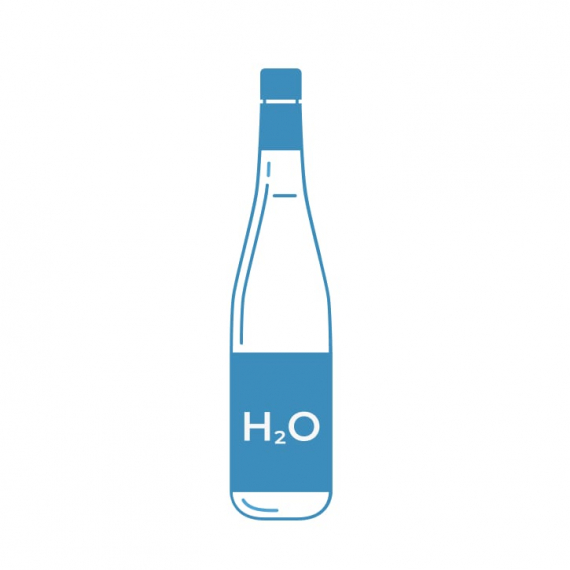
Material Glass 0.5l
Any water wishes to be bottled in a glass bottle. It is a safe non-reactive material. Don't leave the bottle in the car in direct sunlight, it can have a magnifier effect and damage the car. -

Material Can 0.33l
An infinitely recyclable alternative to single-use plastic bottles. In a can, water is 100% protected from the sun. -

Material Glass 0.5l
Any water wishes to be bottled in a glass bottle. It is a safe non-reactive material. Don't leave the bottle in the car in direct sunlight, it can have a magnifier effect and damage the car. -

Material PET 0.5l
PET bottles should be carefully stored. 1) Under no circumstances allow overheating the bottle. If the bottle has overheated, it should be discarded. Overheated bottles will usually have a mild alcoholic smell after opening. (In summer, PET bottles are best stored in the car trunk.) Do not leave the bottle in the car under direct sunlight, it may have a magnifying glass effect and may damage the car. 2) Do not put PET bottles in direct sunlight (the sun makes the water more oxidative). 3) It is important not to store the bottles next to evaporating chemicals as the PET material is air permeable- some chemical particles could get into the water. 4) Handle any material responsibly and dispose it in an appropriate recycling container. Each person's responsible actions are important! -

Material PET 0l
PET bottles should be carefully stored. 1) Under no circumstances allow overheating the bottle. If the bottle has overheated, it should be discarded. Overheated bottles will usually have a mild alcoholic smell after opening. (In summer, PET bottles are best stored in the car trunk.) Do not leave the bottle in the car under direct sunlight, it may have a magnifying glass effect and may damage the car. 2) Do not put PET bottles in direct sunlight (the sun makes the water more oxidative). 3) It is important not to store the bottles next to evaporating chemicals as the PET material is air permeable- some chemical particles could get into the water. 4) Handle any material responsibly and dispose it in an appropriate recycling container. Each person's responsible actions are important! -

Material Glass 0.5l
Any water wishes to be bottled in a glass bottle. It is a safe non-reactive material. Don't leave the bottle in the car in direct sunlight, it can have a magnifier effect and damage the car. -

Material Glass 0.5l
Any water wishes to be bottled in a glass bottle. It is a safe non-reactive material. Don't leave the bottle in the car in direct sunlight, it can have a magnifier effect and damage the car.
